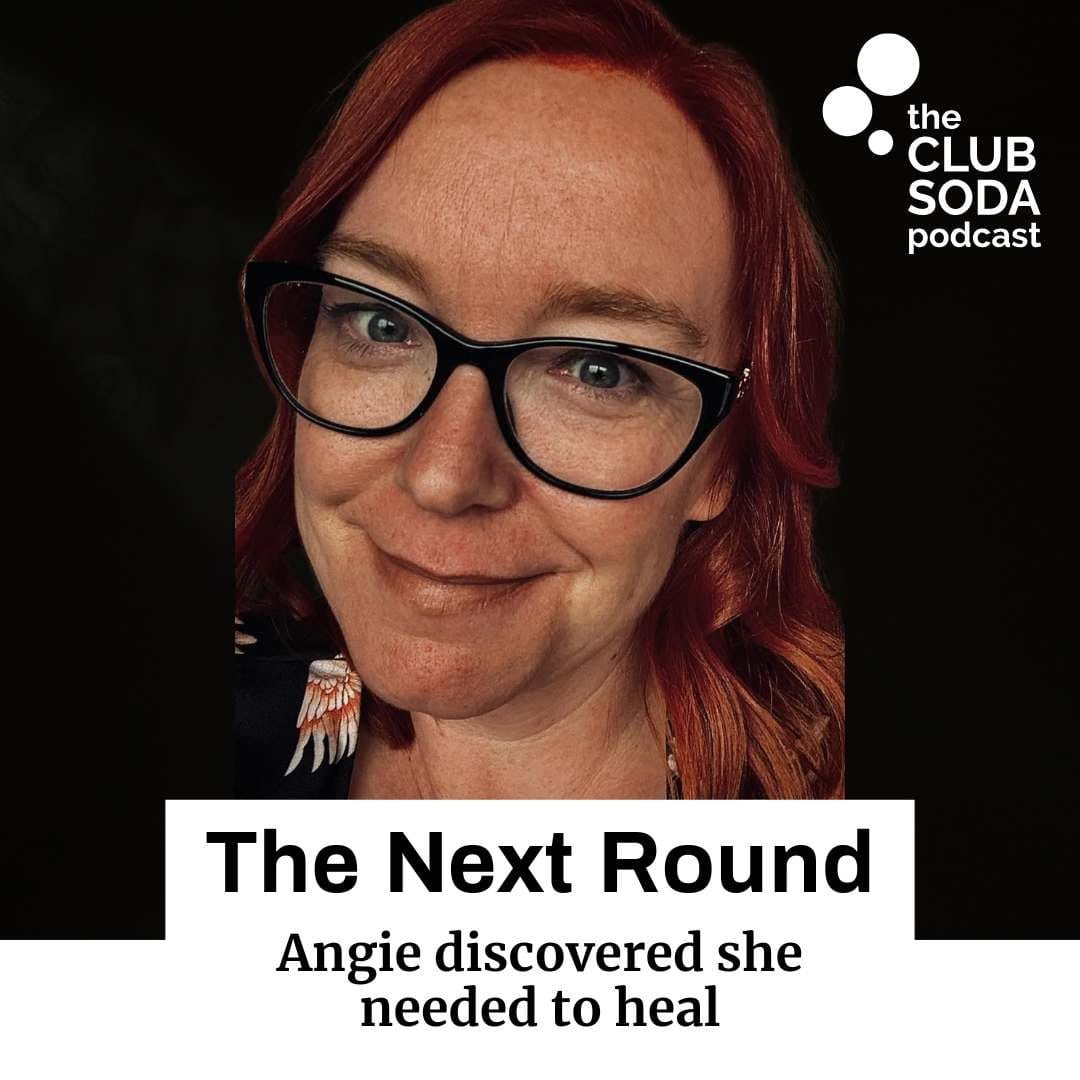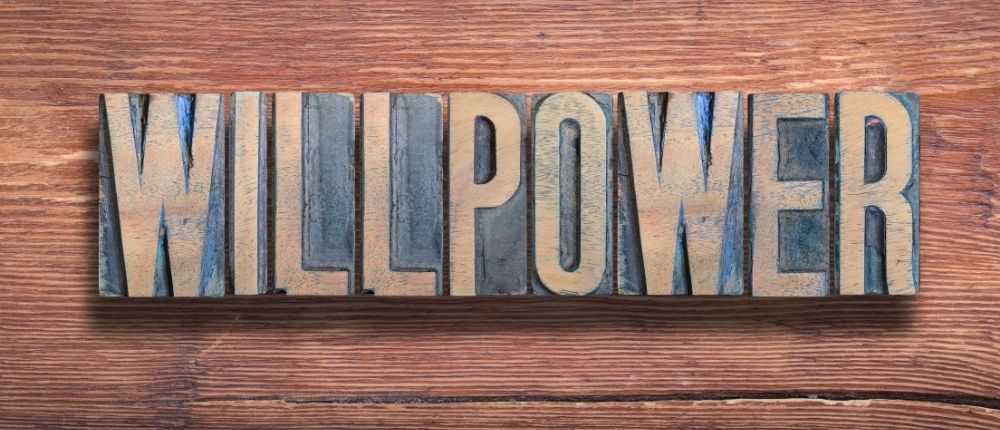
This website uses cookies to improve your experience. We'll assume you're ok with this, but you can opt-out if you wish. Read More
The Next Round: What happens after you change your drinking?

In this week’s podcast episode, we are recapping a conversation that we had at our Global Mindful Drinking Festival in October last year about willpower. The topic of willpower is one that’s brought up often in the Club Soda community, usually when people are in the early days of changing their drinking and wonder ‘why doesn’t willpower work for me?’. Club Soda founder, Laura Willoughby, invited a panel of mindful drinking experts to explore the topic of willpower, and how to rely less and less on it in order to create lasting change. The panel guests for this podcast are Amanda Kuda, Don Shenker, and Frazer McGlinchey.
For this panel on willpower, we hear from three great guests, all of whom have played crucial roles in helping people to change their drinking.
Don Shenker is the founder of Alcohol Health Network, which he set up in 2012, and is one of the foremost policy experts on alcohol issues in the UK. As well as being a policy analyst and Government advisor, Don has also been an addiction counsellor for over 20 years.
Willpower wanes throughout the day, so there are lots of other factors that come into play. Your thoughts, your beliefs, your emotions, your expectations that you feel other people have of you. And so willpower is like something that you have to try and maintain but lots of other things might be sort of getting in the way. That’s why planning, and other things like meditation are important – take a breath and just really try to remember your ‘why’ if you like, ‘why am I doing this?’
Don Shenker
Amanda Kuda is a holistic life coach and mindset mentor who predominantly works with sober curious women. She shares her unique approach to designing each stage of an alcohol-free life with her clients, having given up alcohol herself on 1 January 2017. She is trained in supporting grey area drinkers and is based in the USA.
You’ve used willpower throughout your day and throughout your week. When you get to the point that you have to decide, ‘will I have a cocktail or not?’, sometimes it’s not that you don’t have willpower. It’s just that it doesn’t exist anymore for you at that point in your week.
Amanda Kuda
Frazer McGlinchey
Dr Frazer McGlinchey is the founder of Happy Sense and a mindfulness meditation teacher. Frazer also promotes himself as a kindness consultant and has many years of experience in helping people to overcome obstacles such as drinking in order to live happier, more fulfilled lives.
When it comes to willpower, we are so adept at convincing ourselves that everyone else is doing it better, that this is a flaw in our character rather than our chemistry and that somehow, you know, we are fated to be miserable or to fail. And I think part of boosting our willpower is choosing to see when we’re doing really well, as opposed to choosing to see when we don’t feel good about ourselves as confirmation.
Frazer McGlinchey
We often think that willpower is something that we can turn on and off at..ahem…will. But willpower is something that can diminish over time. Harnessing its power can help us to change our behaviours and habits to create lasting change. But willpower doesn’t work alone in sustaining our new lifestyle.
That’s not to say that willpower isn’t a useful tool when trying to cut down or stop drinking. We can learn to flex our willpower, much like a muscle, and use it in the early days of change. We can train our willpower to work for us when we’ll most need it – Laura wrote an article on her 4 top tips for training your willpower.
This website uses cookies to improve your experience. We'll assume you're ok with this, but you can opt-out if you wish. Read More
| Name | Domain | Purpose | Expiry | Type |
|---|---|---|---|---|
| wpl_user_preference | joinclubsoda.com | WP GDPR Cookie Consent Preferences. | 1 year | HTTP |
| PHPSESSID | www.tickettailor.com | PHP generic session cookie. | 55 years | HTTP |
| AWSALB | www.tickettailor.com | Amazon Web Services Load Balancer cookie. | 7 days | HTTP |
| YSC | youtube.com | YouTube session cookie. | 55 years | HTTP |
| Name | Domain | Purpose | Expiry | Type |
|---|---|---|---|---|
| VISITOR_INFO1_LIVE | youtube.com | YouTube cookie. | 6 months | HTTP |
| Name | Domain | Purpose | Expiry | Type |
|---|---|---|---|---|
| _ga | joinclubsoda.com | Google Universal Analytics long-time unique user tracking identifier. | 2 years | HTTP |
| sbjs_migrations | joinclubsoda.com | Sourcebuster tracking cookie | 55 years | HTTP |
| sbjs_current_add | joinclubsoda.com | Sourcebuster tracking cookie | 55 years | HTTP |
| sbjs_first_add | joinclubsoda.com | Sourcebuster tracking cookie | 55 years | HTTP |
| sbjs_current | joinclubsoda.com | Sourcebuster tracking cookie | 55 years | HTTP |
| sbjs_first | joinclubsoda.com | Sourcebuster tracking cookie | 55 years | HTTP |
| sbjs_udata | joinclubsoda.com | Sourcebuster tracking cookie | 55 years | HTTP |
| sbjs_session | joinclubsoda.com | SourceBuster Tracking session | Session | HTTP |
| Name | Domain | Purpose | Expiry | Type |
|---|---|---|---|---|
| mailchimp_landing_site | joinclubsoda.com | Mailchimp functional cookie | 28 days | HTTP |
| __cf_bm | tickettailor.com | Generic CloudFlare functional cookie. | Session | HTTP |
| NID | google.com | Google unique id for preferences. | 6 months | HTTP |
| Name | Domain | Purpose | Expiry | Type |
|---|---|---|---|---|
| _ga_10XZMT03ZM | joinclubsoda.com | --- | 2 years | --- |
| AWSALBCORS | www.tickettailor.com | --- | 7 days | --- |
| cf_clearance | tickettailor.com | --- | 1 year | --- |
| VISITOR_PRIVACY_METADATA | youtube.com | --- | 6 months | --- |
Join Club Soda for 10% off your first order of drinks for UK delivery. Plus get our latest news and special offers for members to choose better drinks, change your drinking and connect with others.
If you get an error message with this form, you can also sign up at eepurl.com/dl5hPn